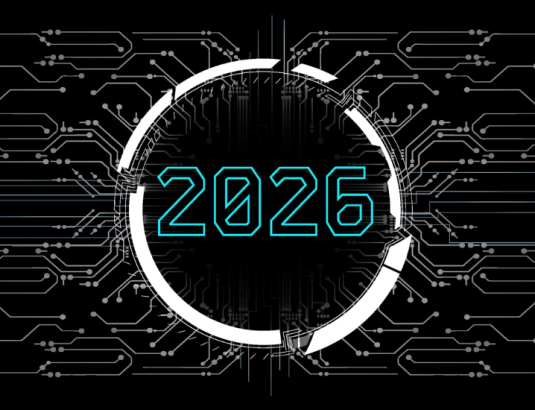


Embracing the Future: The Transformational Power of AI and Automation in Business
Businesses have found themselves at a crossroad in this age where technology is moving rapidly due to automation and use of the artificial intelligence (AI). They are not just futuristic concepts anymore, but rather important instruments rearranging the area of commercial activities, consumer impressions and competitive approaches.
The benefits that can be realized by organizations regarding efficiency, innovativeness, and profits include the possibility of utilizing AI and automation. The companies that are leading in this revolution record higher profit margins and revenue growth than their competitors. They have managed to utilize AI in decision making, running of processes, and solving their complex challenges with efficiency, hence attaining success.
By integrating AI in business workflow, data is now accessible to everyone allowing for faster modeling to the point of revenue generation. This shift goes beyond technology to a conceptual approach of redefining business process, as well as identifying workforce roles. AIs are driven by automation which gives employees freedom to concentrate their efforts towards creative processes as opposed to monotonous ones. The change helps to increase employee’s commitment and job performance with an implication of good customer experience.
Nonetheless, attaining success in AI and automation is not a walkover rather a thorny path. This gap in adoption among early supporters and latecomers is growing wide. Unfortunately, businesses that do not adopt AI and automation will find themselves left behind as the market becomes more tech centered. Companies must therefore adopt an approach that ensures proper alignment of technology adoption and their overall business objectives to bridge this gap.
Data management is yet another essential factor. The quality of data for AI and automation defines them exactly. It entails ensuring organizations’ data is correct, secure, and guided by appropriate policies. This helps in ensuring that AI makes decisions backed by reliable data and conformity to laws.
The future possibilities for AI and automation are great. The technological transformation is transforming how businesses operate in different aspects including boosting customer engagements, easing their supply chain, as well as running of the operations. These companies who will take transformational leadership seriously and invest in the appropriate strategies and competencies will be well placed for success in the future.
AI and automation are no longer technological innovations, they reflect a new way of doing business and competition. These technologies help companies maintain competitiveness by attaining new levels of efficiencies, improved innovations and business growth ensuring that they remain competitive and relevant in the fast-evolving digital marketplace.




